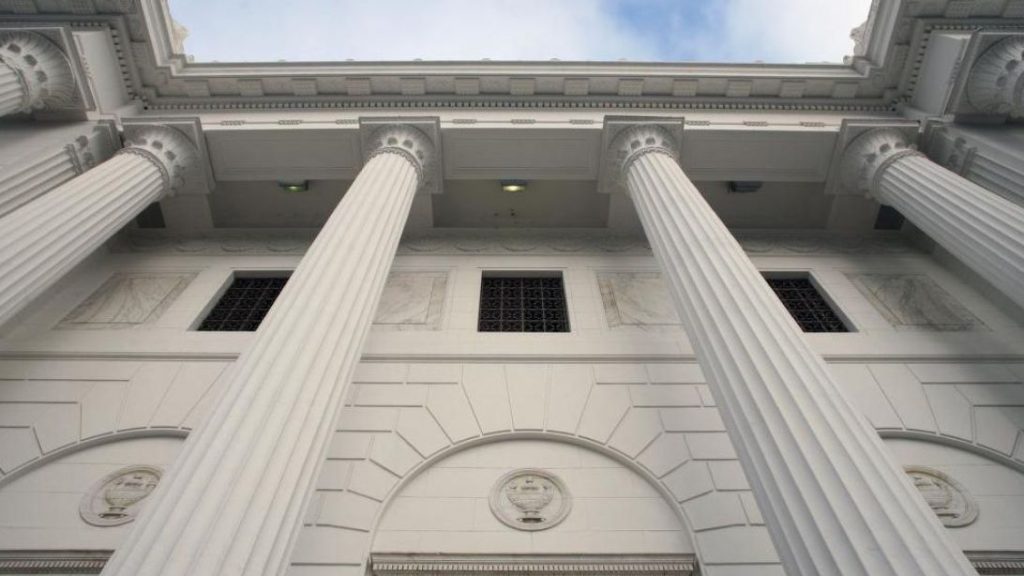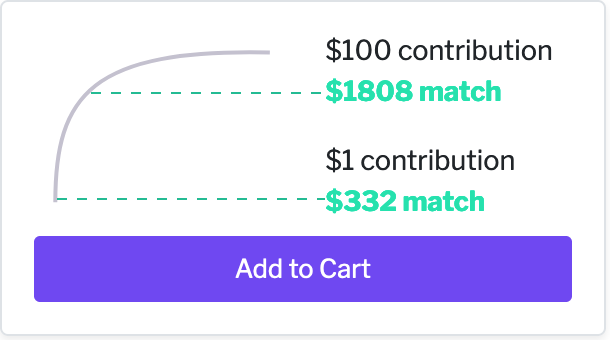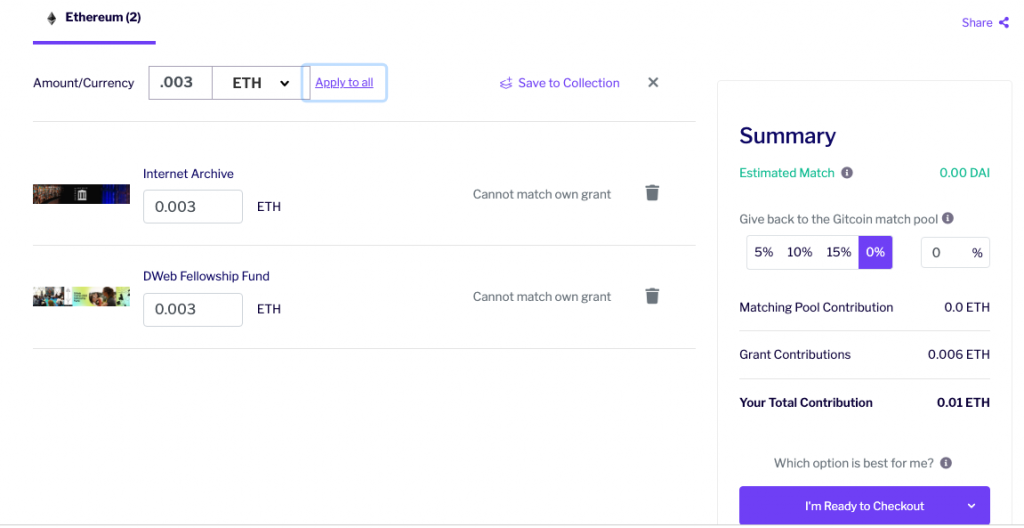Laura Gibbs is an author and educator. She spoke at the press conference hosted by Internet Archive ahead of oral argument in Hachette v. Internet Archive.
Statement
My name is Laura Gibbs, and for many years I taught mythology and folklore courses at the University of Oklahoma. Since I retired two years ago, I’ve been doing bibliography work at the Internet Archive, looking for the best mythology and folklore books that readers can borrow from the Archive’s library with Controlled Digital Lending.
Last year, I published A Reader’s Guide to African Folktales at the Internet Archive, which is an annotated bibliography of 200 books available at the Archive, beautiful books of folktales, myths, fables, legends, games, songs, riddles, and proverbs from all over the African continent. Some of the books come from African publishers and are hard to find in any library, but there they are: digitized and ready to read at the Internet Archive.
This year, I’ll be publishing a follow-up volume, A Reader’s Guide to African Diaspora Folktales, with another 200 books of folktales, this time from African American and Caribbean storytellers, books that teachers, students, scholars, parents, people anywhere in the world can read online at the Archive.
In the year 2023, we should NOT have to be limited just to the books available to us in our local libraries. We need a positive ruling in this case so that the Internet Archive can keep building their digital library AND so that other libraries can also make their resources available online, connecting more people with more books than ever before. The readers, writers, and researchers of the world need the Internet Archive, and we need Controlled Digital Lending.



